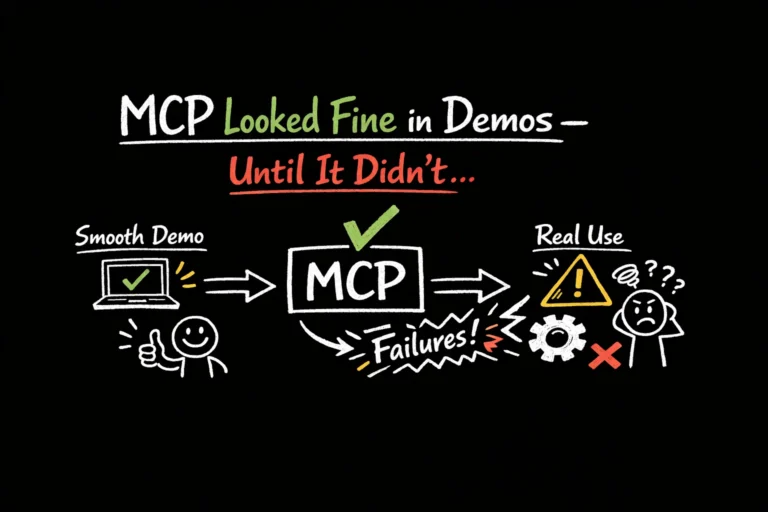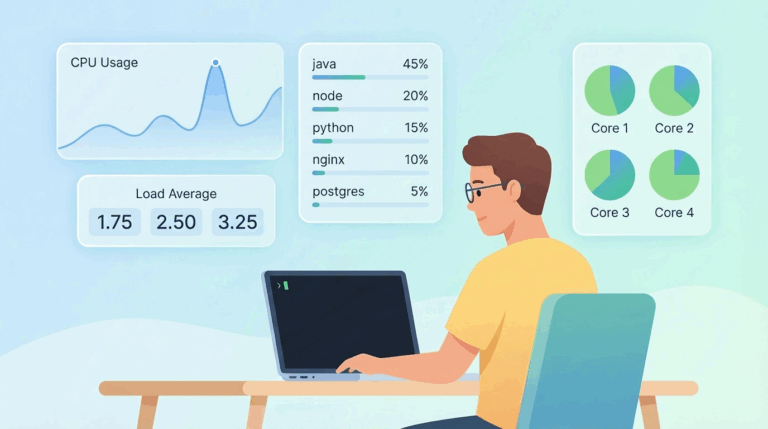The WHERE Clause Myth: Why Your SQL Conditions Don’t Control PostgreSQL Replication

Introduction One of the most confusing aspects of PostgreSQL’s logical replication is understanding the relationship between WHERE conditions in your SQL statements and REPLICA IDENTITY configuration. Many developers mistakenly believe that: “If I use a WHERE clause with specific conditions,…









